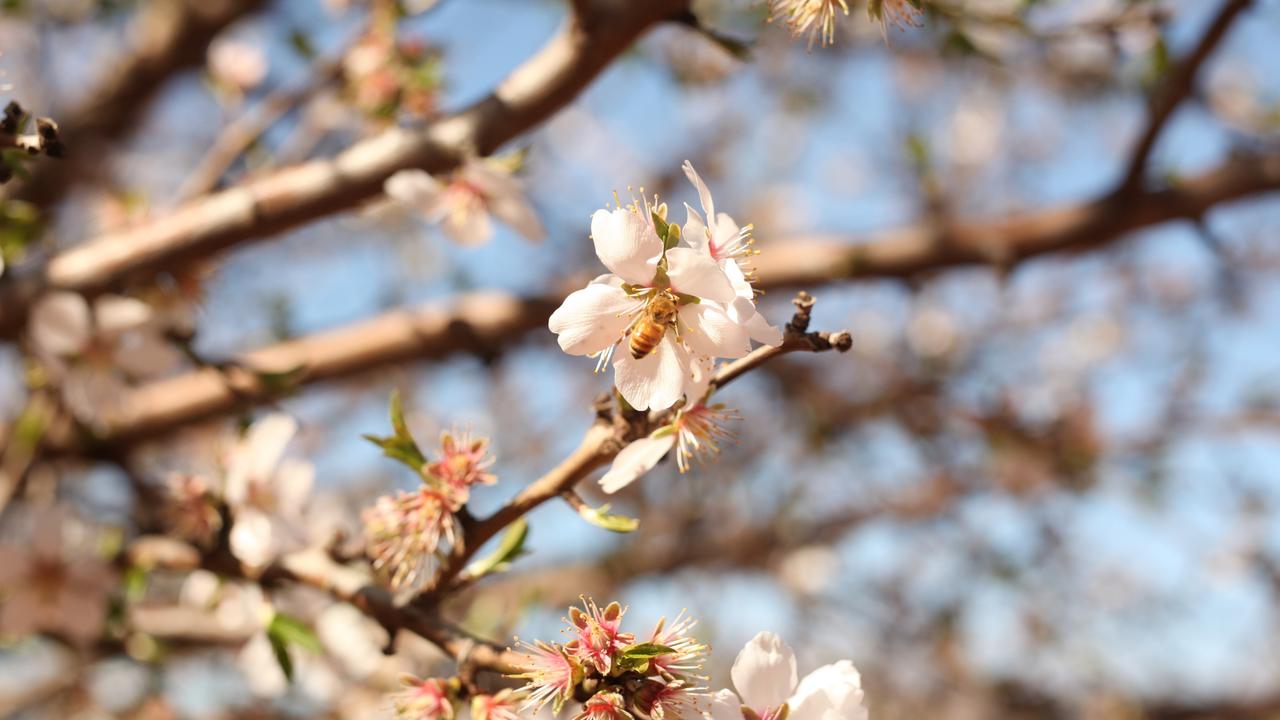SunRice wins some access to UK rice market, but not long-grain sector
SunRice has had its first win in a free-trade agreement. But it is not a total win.

The UK is limiting Australia’s access to the lion’s share of its rice market, despite not having a homegrown industry to protect.
Under the Australia-UK Free Trade Agreement announced last week by Prime Ministers Scott Morrison and Boris Johnson, Australian exporter SunRice will receive unfettered access to the relatively small short and medium grain section of the UK rice market but has been limited to a tiny quota of 1000 tonnes for the much larger long grain section.
Putting it into perspective, the UK imports more than 500,000 tonnes of long grain rice — mostly basmati rice to satisfy its Indian subcontinent expatriates — and about 70,000 tonnes of short and medium grain rice, more suited to sushi and Jamaican cuisine.
SunRice chairman Laurie Arthur said the company was pleased to get access to the UK’s short and medium grain rice market, but disappointed to get token access to the key long grain sector.
“While rice has unfortunately failed to benefit in any meaningful way from other recent free trade agreements that Australia has negotiated, that is not the case with this deal,” Mr Arthur said.
“We were quite clear that we believe we should have complete access to the market because there are no rice farms in the UK.”
Mr Arthur said the restrictions on the long grain market appeared to be designed to protect processors.
SunRice said a number of the processing plants in the UK were owned by US company Mars Inc and Spanish-owned Ebro Foods.
Ironically, Ebro Foods made a $600 million takeover bid for SunRice in October, 2010, but it was spurned by rank and file Australian growers.
The UK imports all its rice needs and is the second largest market in western Europe.
According to German data company Statista, the UK’s rice imports were valued at $A880 million last year.
India and Pakistan were the biggest suppliers in 2019, accounting for 22 per cent and 18 per cent, respectively, but Thailand, Myanmar, Guyana, Cambodia and the US are other suppliers.
Up until now, Australia has been limited to a quota of 779 tonnes in rice shipments to the UK — a legacy of protectionist measures set by the European Union to protect the rice industries in Spain, Italy, Portugal, Greece and France.
About 80-90 per cent of Australia’s rice production is Japonica short and medium grain varieties, with the remainder long grain varieties.
The Ricegrowers Association of Australia president Rob Massina was pleased Australian rice could get unlimited access to the UK for its short and medium grain rice.
Mr Massina said Australia had high water prices, resulting in high production costs.
“We need access to high end markets,” he said.
MORE
MINISTER TEHAN IN PRINCIPLED APPROACH TO UK AND EU FTAS


